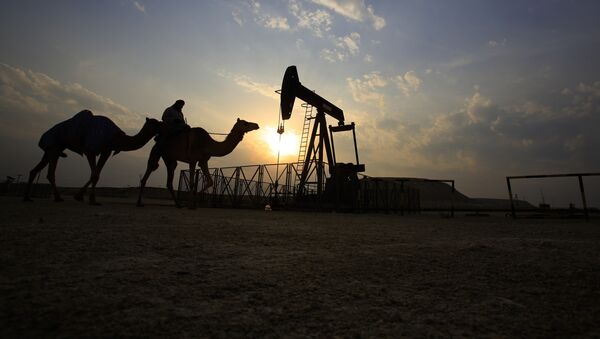Bloomberg reports that thousands of government projects are under review in the biggest economic reform in the kingdom’s history. Projected cuts are said to be valued at some 260 billion riyals ($69 billion). A third of the projects on the chopping block would impact the national budget for several years. There also plans to terminate and consolidate several ministry offices.
Last year, Riyadh’s budget grew to 16 percent of its gross national product (GDP), resulting in billions being cut, and utility and fuel subsidies being reduced. By 2017, the International Monetary Fund believes the deficit will shrink to some 10 percent of the GDP.
Raza Agha, VTB Capital’s chief economist for the Middle East and Africa, explained in an email to Bloomberg, "The revenue and economic diversification strategy being pursued will only start to yield results over the medium- to long-term… In the short term, it is a question of living with lower oil prices by cutting some capital spending, and financing what’s left via debt sales and drawing down foreign reserves."
The Tadawul All Share Index — the Saudi stock exchange — has dropped 17 percent over the last year, falling 0.2 percent at the close. Since the price for crude has dropped, Deputy Crown Prince Mohammad bin Salman Al Saud, who is leading the National Transformation Program, is hoping to curtail Riyadh’s dependence on oil. Objectives of the program include the creation of some 450,000 non-government jobs by the year 2020, fortifying relationships in the private sector and strengthening digital platforms.
Mohammad is seeking to create the world’s largest source of sovereign wealth by selling a stake in the large Saudi oil corporation Aramco.
A special project-management office will also be created to oversee municipalities, government spending and ministries for the world’s 20th-largest economy. The office will ensure that projects stay within budgets and are completed on time. Mohammed will chair a committee dedicated to reviewing reports made to the head office.




